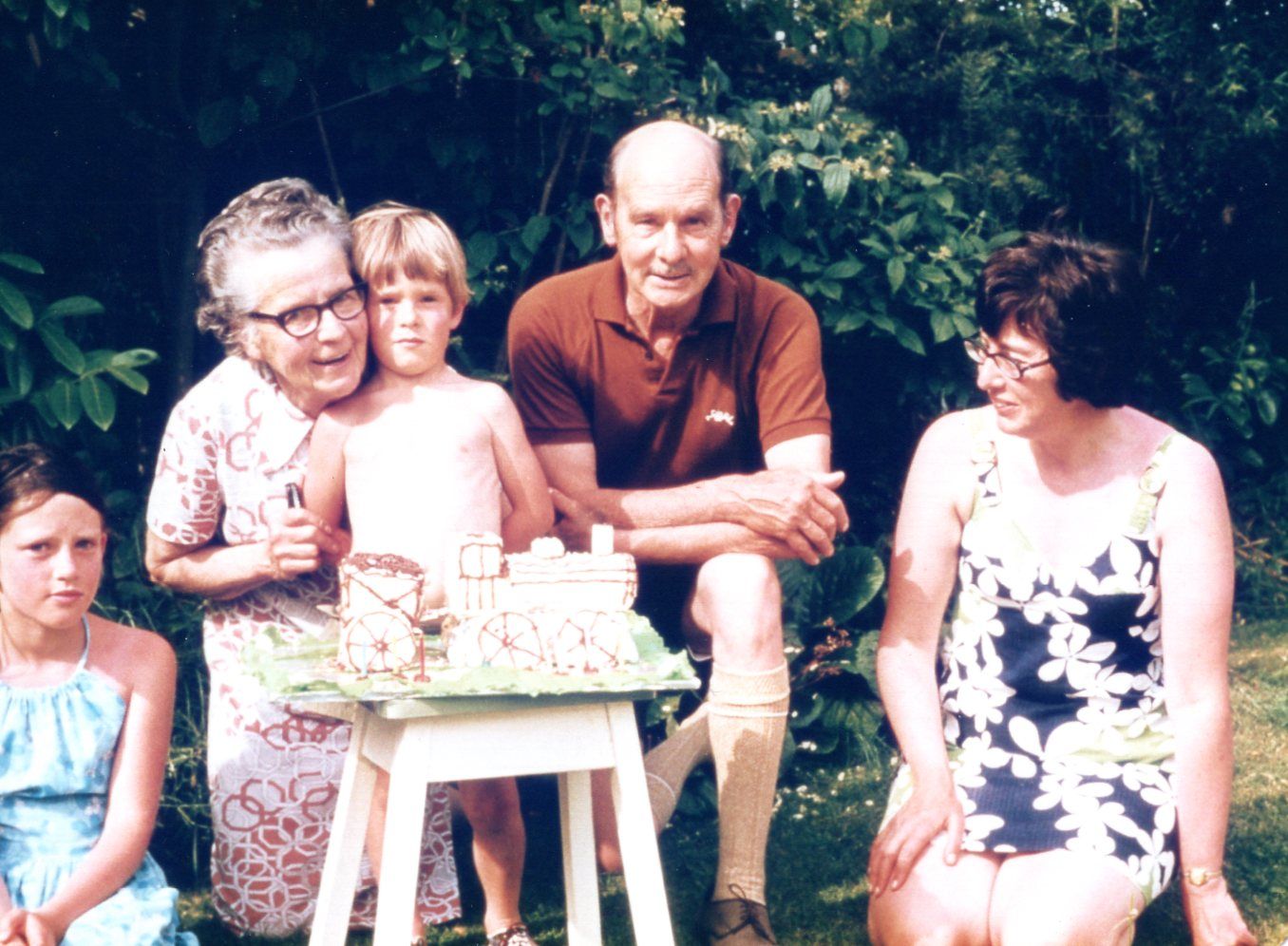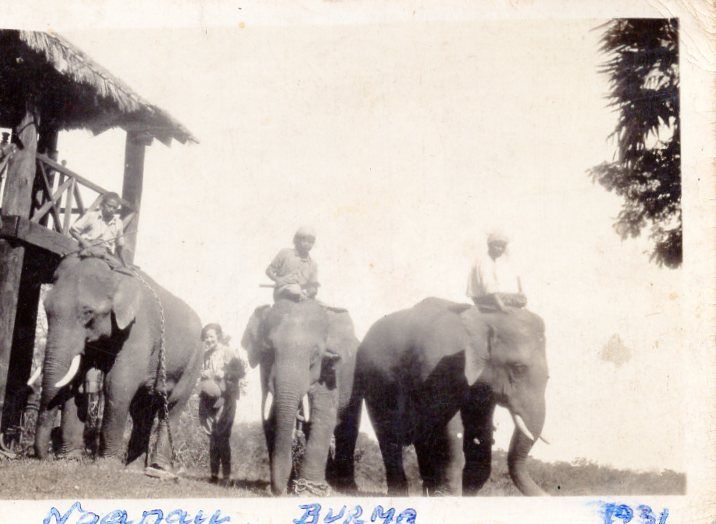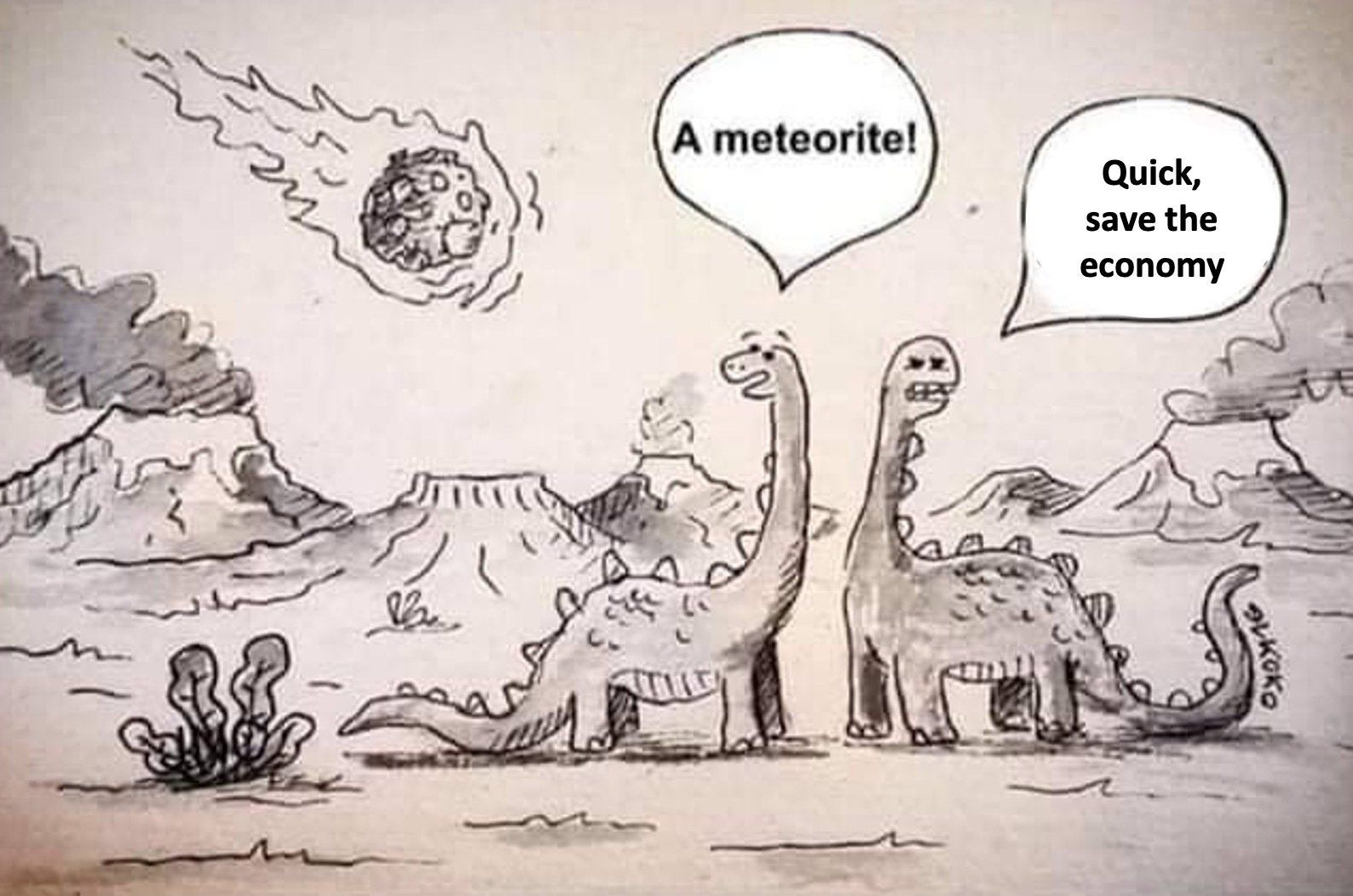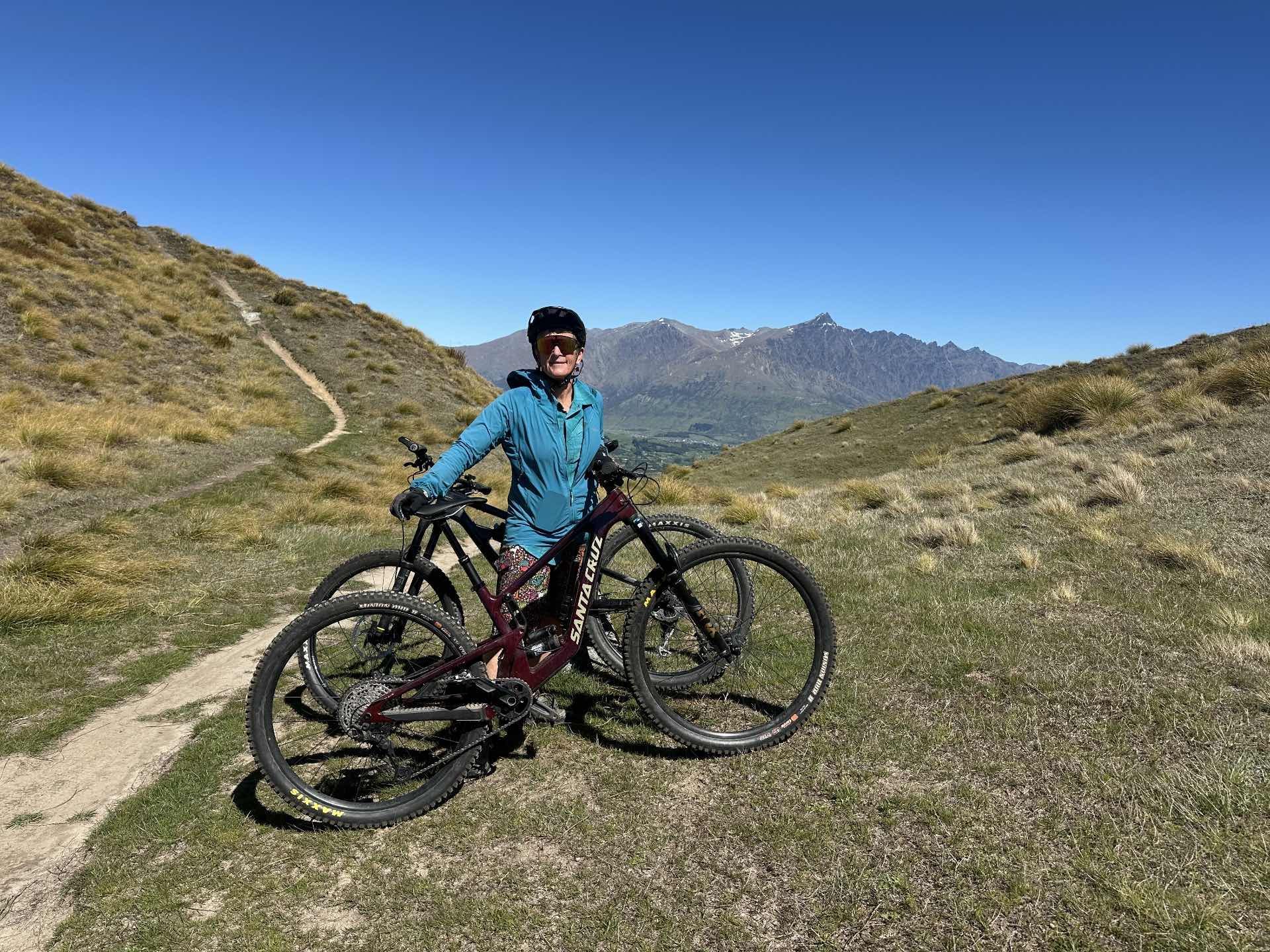Where’s my grandmother when I need her?

Today I would like my grandmother to be looking after me. I would like to be back in her house, baking some chocolate eclairs and neenish tarts. Perhaps we could do some brandy snaps too and fill them with cream using an icing cone, although there’s always a high chance of the brandy snap outers burning if one doesn’t watch them like a hawk. We could bake a complicated birthday cake. I would like to play some games of completely pointless ball-on-a-string (remember the metal posts with a tennis ball connected to a spiral?), possibly with myself once everyone else has got sick of it. I would like to have the excitement of staying the night with Granny and Fafa, playing a game of chess with Fafa and then going to bed in their spare room after a goodnight kiss from both of them.
Granny would tell me a story. Her stories were particularly interesting because she grew up in India, in the time of the Raj, before India took back control of itself from the British and was split into modern India and Pakistan. As a child, Granny rode on elephants when she went with her father (who was an engineer building railroads) to visit a Maharajah. In her story she was given emeralds, at least that’s what my (faulty) memory says; as a child I wondered why she didn’t keep any emeralds so she could show them to me.

Granny and Fafa married in their early twenties and immediately went to Burma (Myanmar today) where Fafa was a surveyor in the jungles of Burma for a year. Stories of Burma were incredibly exciting, though prefaced by the tale of them having all their teeth pulled out prior to leaving, because there would be no dentists available in Burma. To this day I squirm when I think of sacrificing all one’s teeth at a young age in the theoretical interests of one’s health. There were stories I wanted to hear over and over again, Fafa helping villagers get an crocodile out of a well so they could access their only source of water, and Fafa trying to shoot a panther that was killing stock. However, it turned out the animal was a tiger, much too large for the bore of rifle that Fafa had with him. So Fafa ended up sitting in a tree all night, seeing the tiger prowl by, and being able to do nothing. I find myself still a little relieved that the tiger survived the encounter. I have a piece of python skin in my drawer (along with a piece of the alligator hide) from a snake that crawled through their camp and was summarily dispatched; I was awed at the time by descriptions of how many metres long it was.
Granny and Fafa chose to leave Burma and India when the writing was on the wall for the British Raj. They did not agree with the way that Indian people were being treated by the British and were ready to go. They left for Britain, not too long prior to World War II; to me as a child that seemed like an incredibly unlucky choice, to go from one unstable state to another. Fafa got a job predicting weather for the airforce and Granny worked as a teacher. They lived in the countryside near London, experiencing plenty of the trauma of war times but at least not being in the urban areas where bombing was focused. I ask Mum about what is was like, living through a war, and how it shaped her views of the future. At 86 Mum mostly feels that WWII occurred before she was conceptually aware enough of its influence. Her most abiding younger memories are of coming to New Zealand where there was both hope and food, compared to Great Britain in the late 1940s.
Today we get to create our own stories of our lives and their intersection with this world-shaping event. We will tell them to future young people in a future whose shape feels very obscure right now. Let’s make ourselves heroes of our own tales; heroes who do the things they can and need to do, while vacillating between doubt, terror and optimism. And in my own story, when I need it, I will pull the security blanket of memories of my grandmother over my head, let them assuage my fears, and then keep carrying on.







